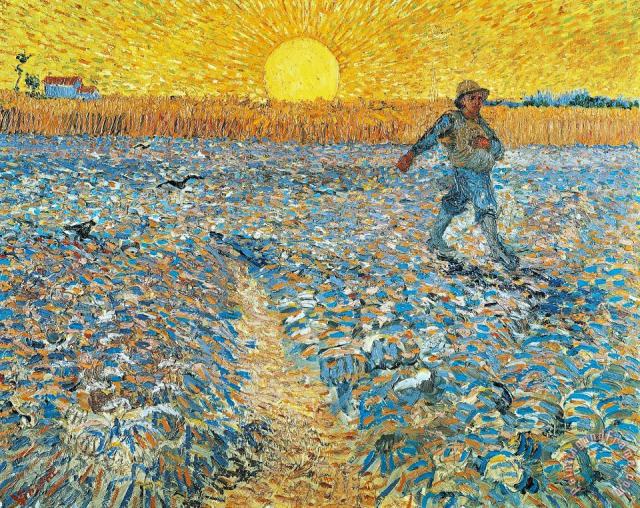Romans 8, pt.2
“For those whom he foreknew, he predestined to be conformed to the image of his Son . . . And those who he predestined he also called, and those who he called he also justified, and those who he justified he also glorified.” Reformed T.U.L.I.P vs. Wesleyan D.A.I.S.Y.


